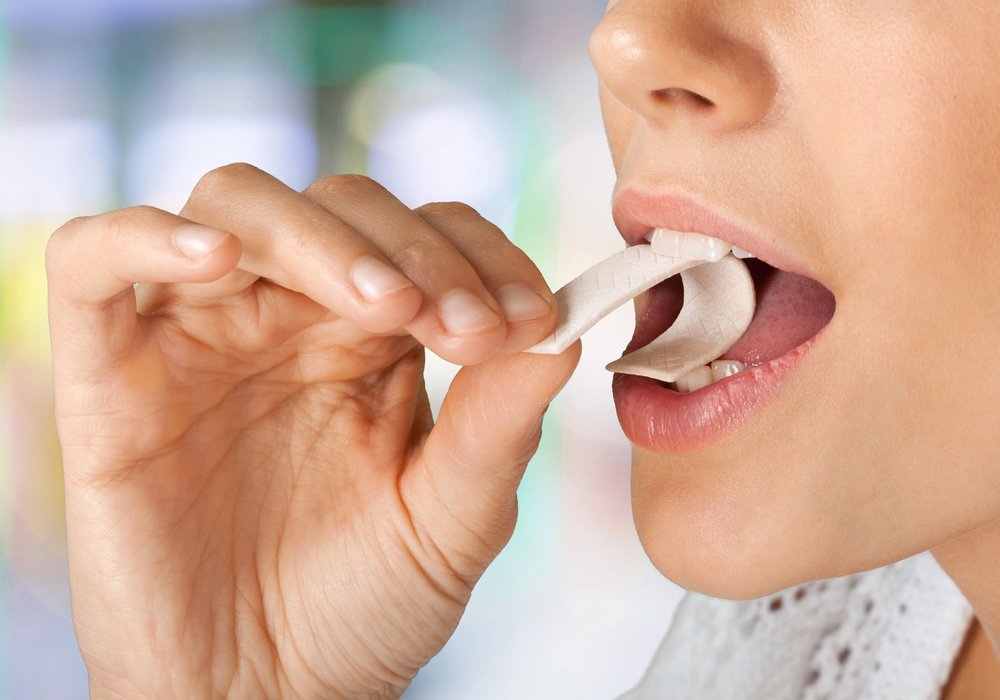Chewing gum is a common habit for many people—whether to freshen breath, ease stress, or simply pass the time. But when it comes to oral health, one question often comes up: Is sugar-free gum actually good for your teeth? The answer might surprise you. Research shows that sugar-free gum can provide real benefits for your mouth when used correctly. In this article, we’ll explore how sugar-free gum affects oral health, what makes it better than regular gum, and how to get the most out of this simple habit.
What Happens in Your Mouth When You Chew Sugar Free Gum?
To understand the benefits, it helps to look at what happens in the mouth during chewing. When you chew gum, your saliva production naturally increases. Saliva plays a crucial role in keeping the mouth clean by rinsing away food particles, sugars, and bacteria. It also helps neutralize acids that form after eating and drinking—acids that can slowly erode enamel and lead to cavities.
Sugar-free gum adds an extra advantage. Unlike regular gum, it doesn’t contain sugars that bacteria thrive on. Most sugar-free gums are sweetened with ingredients such as xylitol or sorbitol, which bacteria cannot use as food. In fact, studies suggest that xylitol can actually reduce cavity-causing bacteria over time, further protecting your teeth.
Why Sugar-Free Gum Is Better Than Regular Gum
Think back to childhood bubble gum—the sweet flavor came from real sugar. While it tasted good, it wasn’t doing your teeth any favors. Sugar fuels harmful bacteria in the mouth, which then produce acids that wear down enamel and cause decay. The longer you chew, the more these bacteria are fed, and the higher your risk of developing cavities.
The same benefits, for example, improved bad breath or increased saliva, do not increase the risk of tooth decay.
Main Dental Benefits of Sugar-Free Gum
Here are a few reasons why sugar-free gum is good for your teeth:
1. Increases Saliva Flow
One of the biggest benefits is to promote the secretion of saliva. Increased saliva improves the protection of teeth. Rinse the rest of the food and drink to suppress bacterial growth.
2. Helps Prevent Cavities
Chewing sugar-free gum containing xylitol can suppress the growth of certain bacteria that cause tooth decay. Xylitol prevents these bacteria from attaching to the teeth and helps maintain the health of the mouth environment.
3. Helps with Dry Mouth
Dry mouth does not secrete enough saliva. These can cause bad breath, gum problems and even more serious dental problems. By chewing sugar free gum, you can keep your mouth moist.
4. Freshens Your Breath
This may be the most obvious reason to bite gum. Sugar free gum has more mint flavor and has an effect to improve bad breath. In addition, in order to promote the secretion of saliva, bacteria that cause bad breath are washed away.
5. Can Support Enamel Health
Some sugar free gums contain minerals such as calcium and phosphate, which can help restore enamel, especially immediately after eating.
Are There Any Downsides?
We have mainly talked about the benefits, but is sugar-free gum good for your teeth? Sugar-free gum is helpful, but the following points should be noted:
- Over-chewing can strain your jaw: If you keep chewing gum all day, it can cause pain in the jaw joints and muscles.
- Artificial sweeteners may upset your stomach: People who are sensitive to sweeteners such as sorbitol and mannitol may experience abdominal bloating and gas if they chew more gum a day.
- It’s not a replacement for brushing: Chewing gum helps keep the mouth clean, but does not play a role in toothpaste or floss. You need to brush your teeth twice a day and floss every day.
Therefore, chewing sugar-free gum is good for teeth, but the most effective is to do as part of the overall routine of tooth care - not a substitute.
When Is the Best Time to Chew Sugar-Free Gum?
If you want to get the most effect, is to chew sugar-free gum immediately after a meal. The acidification of the mouth increases the risk of damage to the enamel of the teeth. Chewing gum for about 20 minutes after meals reduces acid concentration and protects teeth. Do not bite gum when you are hungry or feeling nauseous. It is possible to secrete saliva more than the stomach can treat and stimulate the stomach.
How to Choose the Right Sugar-Free Gum
Not all sugar free gum is the same. When choosing at a shop, be aware of the following:
- ADA Seal of Approval: The American Dental Association grants certification marks to gums with confirmed dental benefits. This is a good sign.
- Xylitol-based gum: Xylitol is known to fight bacteria that cause tooth decay, and gum containing this sweetener is a better option.
- Avoid acidic flavors: Citrus or sour gum can irritate enamel even if it contains no sugar. Choose neutral flavors or mint flavors.
Be sure to check the label and choose what is clearly indicated as "no sugar use."
Common Myths About Sugar-Free Gum
Let's eliminate some common misconceptions:
Myth 1: Gum will pull out fillings or crowns.
Fact: gum usually does not cause dental fillings to get pulled out, except if it is already loose or damaged.
Myth 2: Sugar-free gum is bad for your jaw.
Fact: There is no problem in chewing moderately. However, avoid excessive chewing or biting on one side alone.
Myth 3: All gums are the same.
Fact: Only sugar-free gum has dental benefits. Normal gum with sugar may be more harmful.
Who Should Avoid Chewing Gum?
Sugar-free gum is good for teeth in most cases, but people like:
- People with jaw pain or TMJ disorder
- Children under 4 years old (because they may swallow gum)
- People with digestive problems related to artificial sweeteners
If you are anxious, check the dentist if you can chew gum.
Do Dentist Agree with Sugar Free Gum?
So, Is sugar-free gum good for your teeth? The answer is yes - for most people. If used correctly, it keeps the mouth clean, reduces the level of acid, and has the effect of fighting bad bacteria. An easy, low-cost way to improve oral health between brushing and flossing. However, gum is not a complete substitute for brushing, flossing or regular dental checkups. Think of it as an additional step and remember that it's not the only way. If you're ever unsure about what's best for your teeth, visiting a dentist is always the smart choice. At Emergency Dentist Portland OR, we’re here to help you make the best decisions for your dental health. Whether you have questions about oral care, gum choices, or need emergency treatment, our team is ready to support you.


